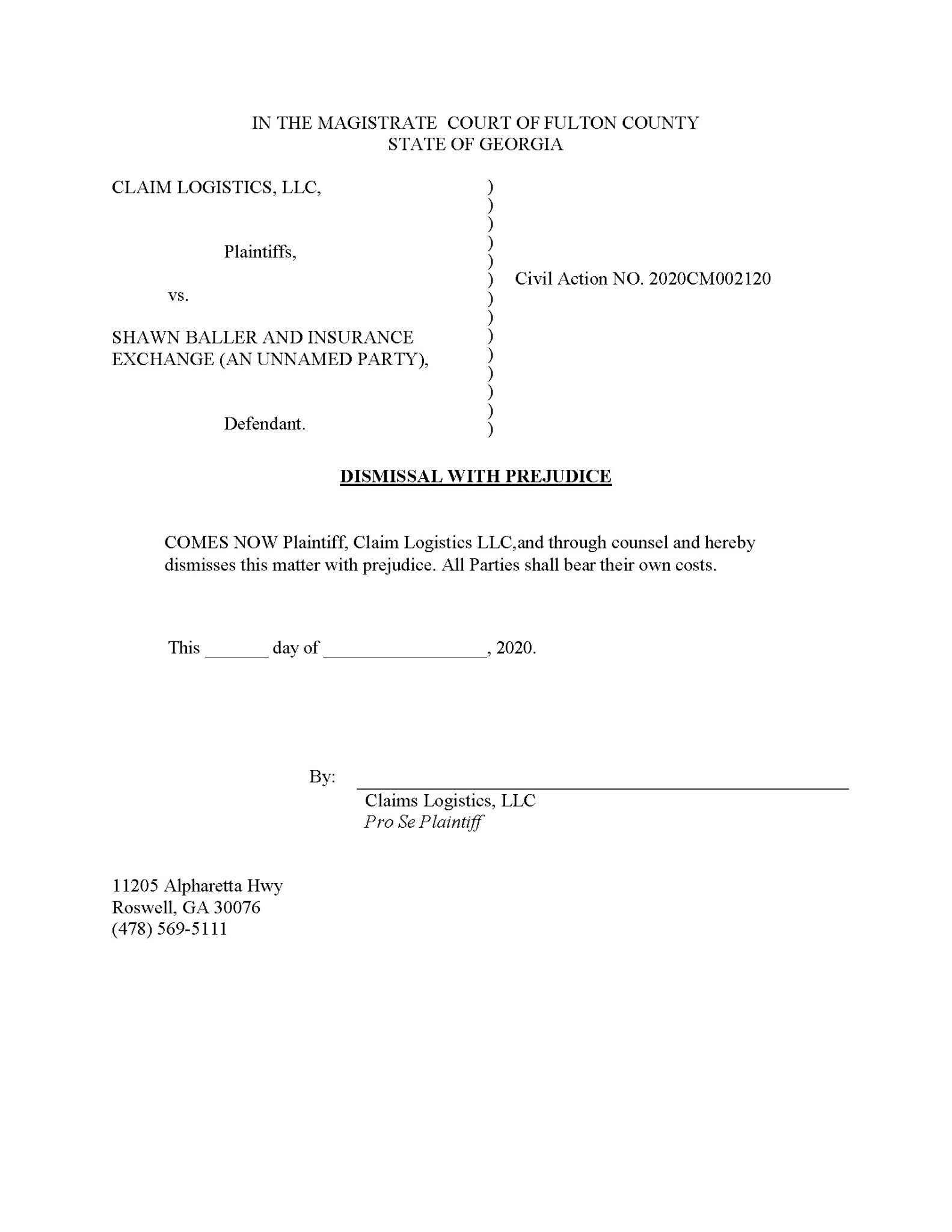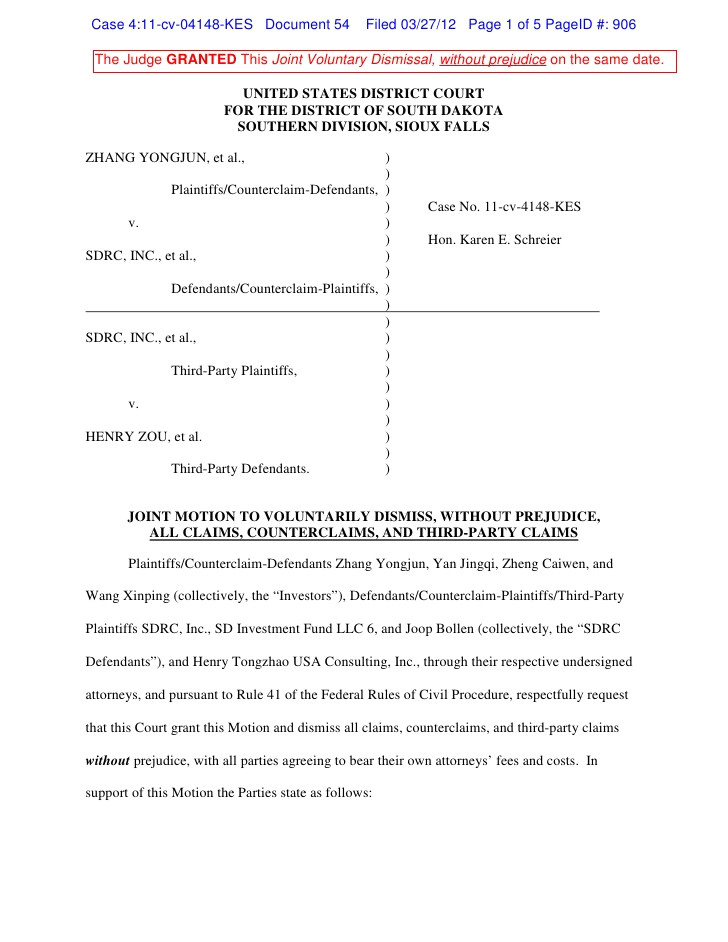

Thus, it becomes possible to appeal earlier decisions that were deemed erroneous, except where the issue cannot be proved. This might include denial of a motion to dismiss for lack of jurisdiction, or granting or denying objections until all outstanding issues are resolved.Īll interlocutory decisions are merged into final decisions.


Interlocutory rulings, or rulings that are not definitive during litigation, are issued from the start of the legal action. In addition to appealing the final decision, the appellant can also appeal earlier rulings that were not definitive when they were issued. Typically, the losing party may appeal after the court has delivered its final judgment. When Can You Start to Appeal to District Court? They may decide it's better to proceed rather than wait for the conclusion of court proceedings on the matter. The only situations where the final decision rule is not applied is when Congress or the courts believe a particular case or issue is important enough for an immediate review.

#Motion to dismiss trial#
In some situations, a party is qualified to file for an interlocutory appeal, and in other circumstances, the trial court or court of appeal reserves the right to permit or deny one. It becomes more complex with the exceptions granted by case and statutory laws, which sanction interlocutory appeals before the final resolution of a case. However, it is often difficult to determine the finality of a verdict for the aim of pursuing an appeal. The general principle of appellate practice posits that an appellant can only appeal a final decision or judgment. What Is the General Principle of the Appellate Practice? What Does an Existence of Judgment or Decree Mean?Ĭan you appeal a motion to dismiss? To know if this is possible, it's important to understand the general principle of the appellate practice. What Is the Exception of Restricting the Appeal? 6. When Can You Start to Appeal to District Court? 5. What Are the Reasons for Restricting Appeals? 4. What Is the General Principle of the Appellate Practice? 2.


 0 kommentar(er)
0 kommentar(er)
